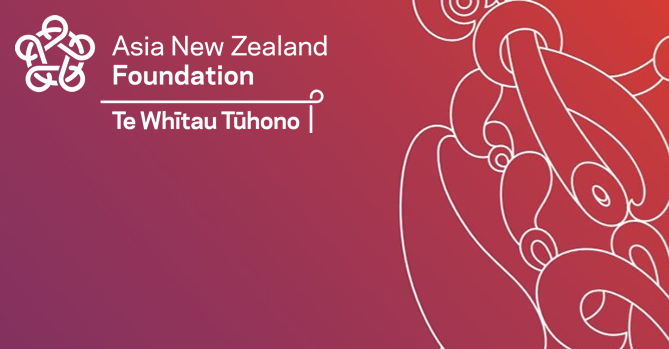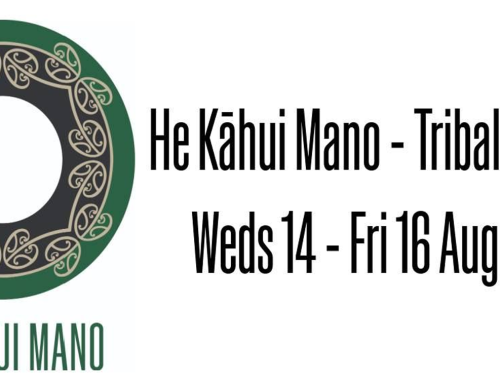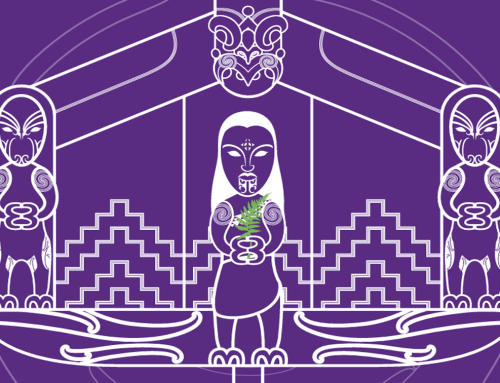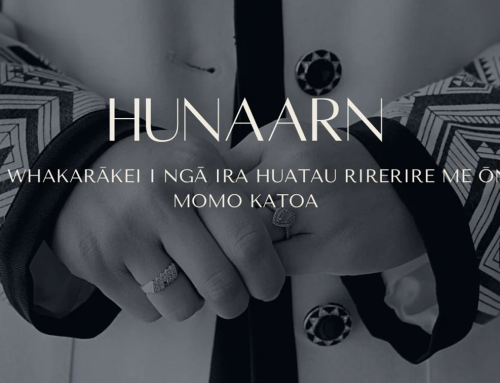New research finds a strong sense of cultural connection between Te Ao Māori and Asia
Māori have an edge when it comes to engagement with Asia – and there’s potential for ties to be further strengthened, finds a new survey from the Asia New Zealand Foundation Te Whītau Tūhono.
The report, Perceptions of Asia and Asian Peoples from a Te Ao Māori Perspective, finds Māori see themselves as having shared cultural views and values with many Asian cultures. This is regardless of how much knowledge they have of Asia or contact they have with people who identify as Asian.
Māori see particularly strong similarities around valuing kaumatua/elders; food customs; manaakitanga/hosting guests; and whanaungatanga/relationships.
More than 1400 Māori representing more than 80 iwi responded to the online survey conducted by Ihi Research for the Asia New Zealand Foundation.
Most Māori (eight out of 10) recorded positive feelings towards Asian peoples. And they were generally positive about the impact of New Zealand’s ties with Asia, particularly when it came to tourism.
Survey participants reported having a diverse range of Asia-related interests – e.g. food, travel, sports like sumo, culture and performance, pop culture.
But the survey also identifies challenges: Māori have low self-perceived knowledge of Asian peoples and cultures – fewer than 20 percent said they knew at least a fair amount about Asia.
About 60 percent of Māori recognised benefits of New Zealand engaging economically and culturally with Asia – but slightly fewer felt Māori benefited from this.
Main findings of the report Perceptions of Asia and Asian Peoples from a Te Ao Māori Perspective
- One-third of survey participants described themselves as having ‘a lot’ to ‘a fair amount’ to do with Asian peoples and cultures; two-thirds said they had very little interaction.
- Despite this, 78 percent of Māori said they had an interest in Asian food and cuisine. Travel, people and culture also featured as areas of interest. Thirty-eight percent of respondents had travelled to an Asian country. In the focus groups, participants spoke of interests in anime, gaming and Asian sports like
- Eight out of 10 surveyed felt it was important for the future workforce to be confident with Asian peoples and cultures. Only eight percent of those surveyed thought enough was being done to equip Māori business to succeed in
- Most Māori (eight out of 10) recorded positive feelings towards Asian peoples. Survey participants identified a sense of shared cultural values, most notably: valuing elders/kaumātua (83 percent); performing arts (79 percent); food customs (77 percent): manaakitanga (74 percent); and whanaungatanga (73 percent).
- Māori were generally positive about the impact of Asian peoples and countries on New Zealand. Seventy-one percent felt tourism from Asia would have a positive impact on New Zealand’s future; while 54 percent saw economic growth in Asia as positive (29 percent were unsure). The impact of Asian immigration was viewed less positively: 30 percent saw it as positive; 32 percent were neutral; and 38 percent viewed it as negative.
- Sixty percent of respondents said it was important for New Zealand to develop cultural and economic ties with Asia – but slightly fewer (53 percent) felt Māori benefited from these
About the survey:
- More than 1400 Maori representing more than 80 iwi responded to the online survey conducted by Ihi Research for the Asia New Zealand
- 147 surveys were completed in te reo Māori
- Ihi Research also ran five focus groups in four locations






